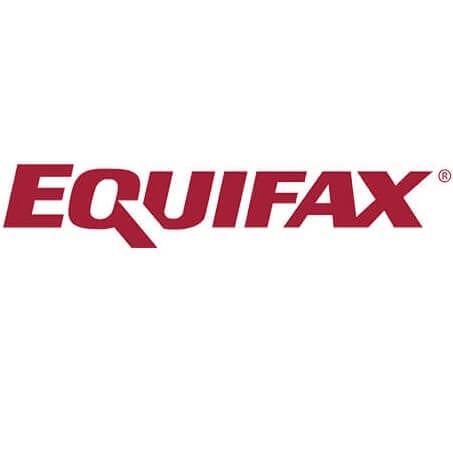To be defrauded by scammers over the internet is bad enough. But it’s doubly wounding when the scam takes the form of relationship fraud, where a criminal pretends to be a friend, confidant or even a romantic partner.
“One of the things that’s uniquely devastating about romance scams is that the victim has not only lost money, but they’ve lost the emotional connection that they thought they had with the other party,” says Julie Kuzmic, senior compliance officer, consumer advocacy at Equifax Canada. “It’s an extra layer of betrayal,” says Kuzmic, adding that in addition to suffering financial loss, victims may experience deep sadness and shame which they might find it hard to recover from.

Unfortunately, more and more Canadians are falling victim to relationship fraud — particularly romance/investment scams, according to the Canadian Anti-fraud Centre (CAFC). Here’s what to watch out for.
How does relationship fraud work?
Romance and relationship scams typically start with the fraudster approaching someone on social media or dating apps or via email or text. Sometimes the goal is to form just enough of a bond to get the target to click on a link or reveal personal information, such as an email or physical address, birthdate or financial data. Criminals can use those details to commit identity fraud, such as applying for a credit card in your name. But the ruse can also lead to a longer and bigger con.
“Often, the fraudsters will groom a relationship over quite some time. It could be months,” Kuzmic says. Along the way, the fraudster will invent urgent situations—for example, claiming their paycheque is delayed and they need to pay a child’s tuition or they will be kicked out of university.
At first, fraudsters ask to borrow relatively small sums. “It might just be, ‘Can you help me out with 100 bucks?’” Kuzmic says. “And they may actually pay the money back.”
However, once they’ve gained a target’s trust, fraudsters may bring up an investment—often involving cryptocurrency—that they supposedly profited from, offering to help the target make fast money. According to the CAFC’s website, “They may even let you cash out some of your investment returns only to get you to invest a larger amount. Suspects will ‘coach’ on how to invest in their fraudulent cryptocurrency platforms.” Eventually, relationship fraud victims lose a huge amount, incrementally or in one big score. When their new “friend” suddenly becomes evasive or disappears, it turns out the person is fictional or a composite of several people’s names, photos, email addresses and other details.
sponsored
Equifax Complete Protection
Go to site
Equifax Complete Protection is a credit and cybersecurity protection service designed to help Canadians spot the signs of identity fraud faster.
Provides daily credit monitoring and alerts
Scans for your personal data on the dark web
Social media monitoring by industry leader ZeroFox
Subscription price: $34.95 per month
Go to site
Relationship fraud warning signs to watch out for
“One of the very common red flags is any time there is a sense of urgency that is being conveyed by the other party,” Kuzmic says. Fraudsters prey on people’s willingness to help someone out, as well as their fear of coming across as rude, uncaring or suspicious.






GIPHY App Key not set. Please check settings